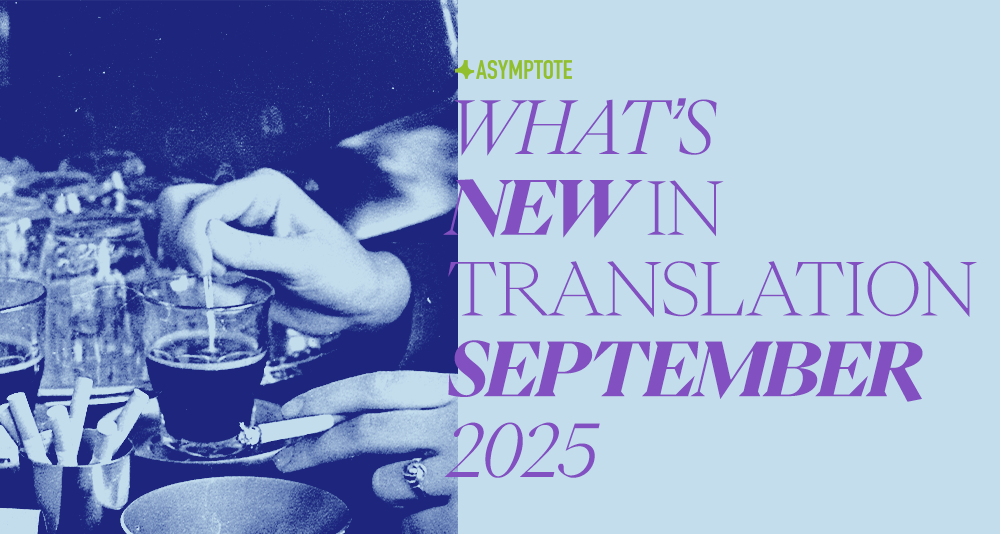This week, our editors report on a busy literary season, filling us in on awards to watch for, considering the politics of prizes, and reporting on exciting literary festivals. Read on to find out more!
Kathryn Raver, Assistant Managing Editor, reporting from France
The French literary awards season is upon us! Over the course of the last few weeks, the juries of prizes such as the Prix Goncourt and the Prix Médicis have announced their shortlists and/or laureates. Though the Goncourt is arguably the most well-known and prestigious of France’s literary awards, there are countless others awarded each year, from those awarded by the Académie Française to those given by individual bookshops, each of them celebrating Francophone and world literature in their own way.
Les Deux Magots, a well-renowned Parisian literary café with 140 years of history behind it, awarded its 92nd yearly prize last week to Swiss author Joseph Incardona for his recent novel Le monde est fatigué. The novel follows a young woman who acts as a mermaid at aquariums, but whose fake tail hides a body damaged by a grievous accident for which she is determined to seek revenge. Le monde est fatigué has also been longlisted for the Prix Femina, alongside works by other celebrated Francophone authors such as Jakuta Alikavazovic’s Au grand jamais and Nathacha Appanah’s La nuit au cœur. The prize’s shortlist is set to be announced on October 21st, with the winner announced November 3rd.
The prize that I, personally, am watching most closely is the Prix Décembre, which defines itself as a sort of “anti-Goncourt”. The longlist includes works such as Laura Vazquez’s Les Forces (whose poetry appeared in Asymptote’s October 2022 edition) and the newest novel of Wendy Delorme (whose work was recently translated and featured in one of Asymptote’s Translation Tuesday columns). Last year, the Prix Décembre went to Moroccan author Abdellah Taïa, a past laureate of PEN America’s Literary Translation Award who has also appeared in several of Asymptote’s past issues. The laureate is set to be announced on October 28th.
Shatha Abd El Latif, Editor-at-Large, reporting on Palestine READ MORE…



